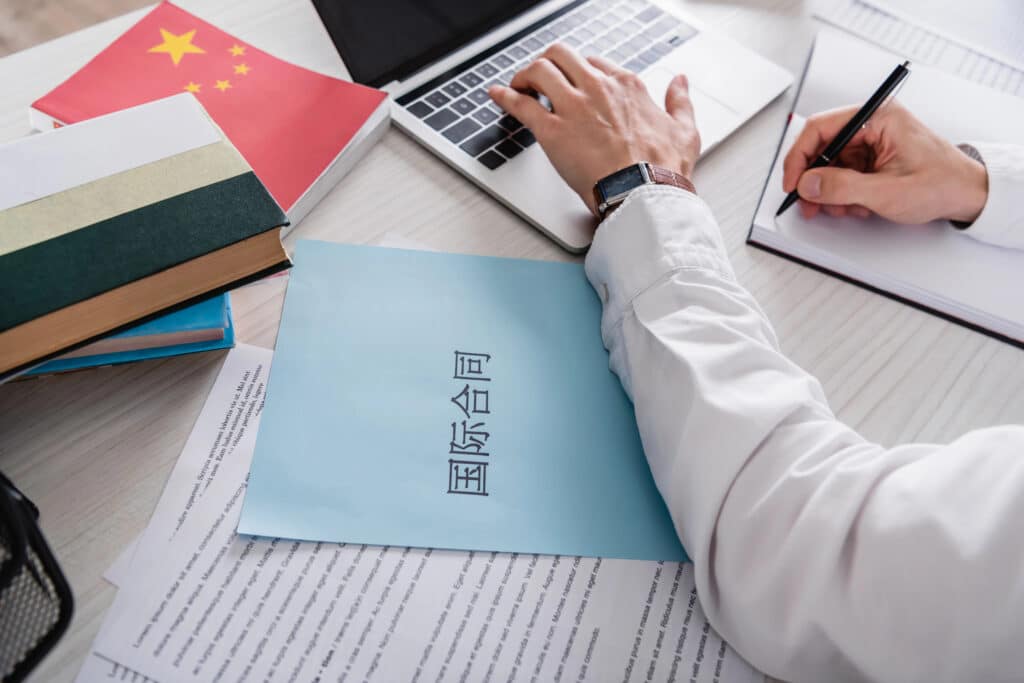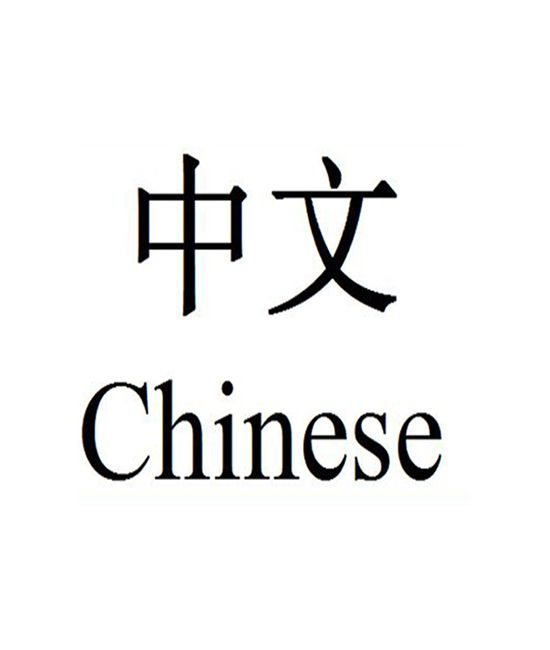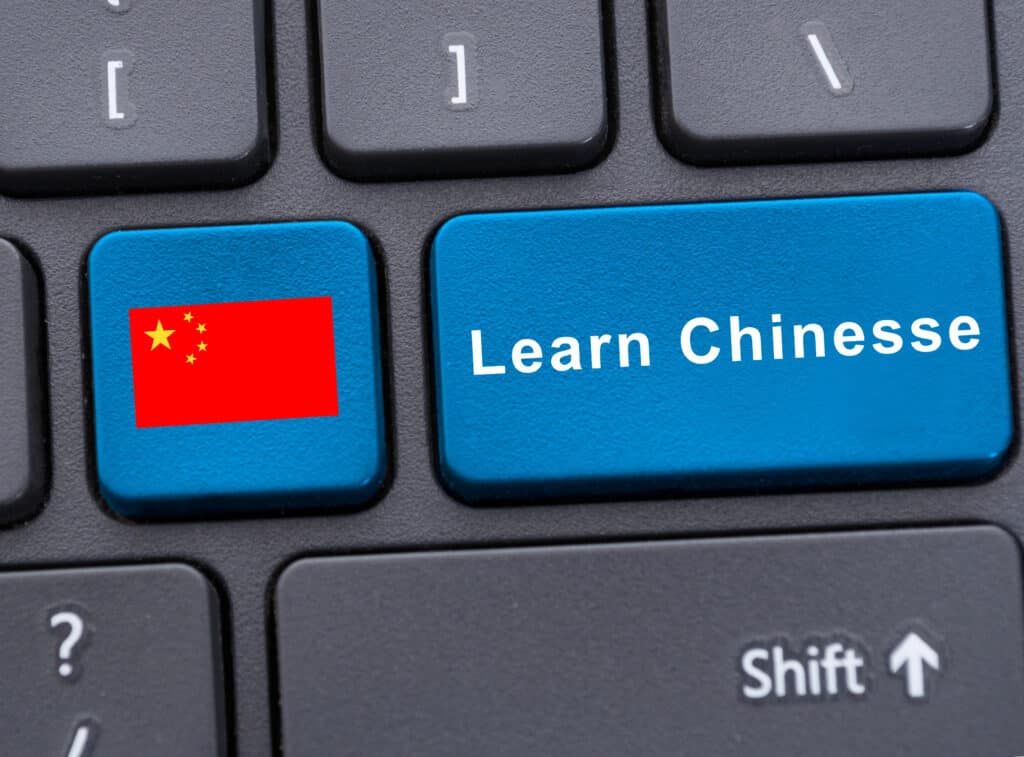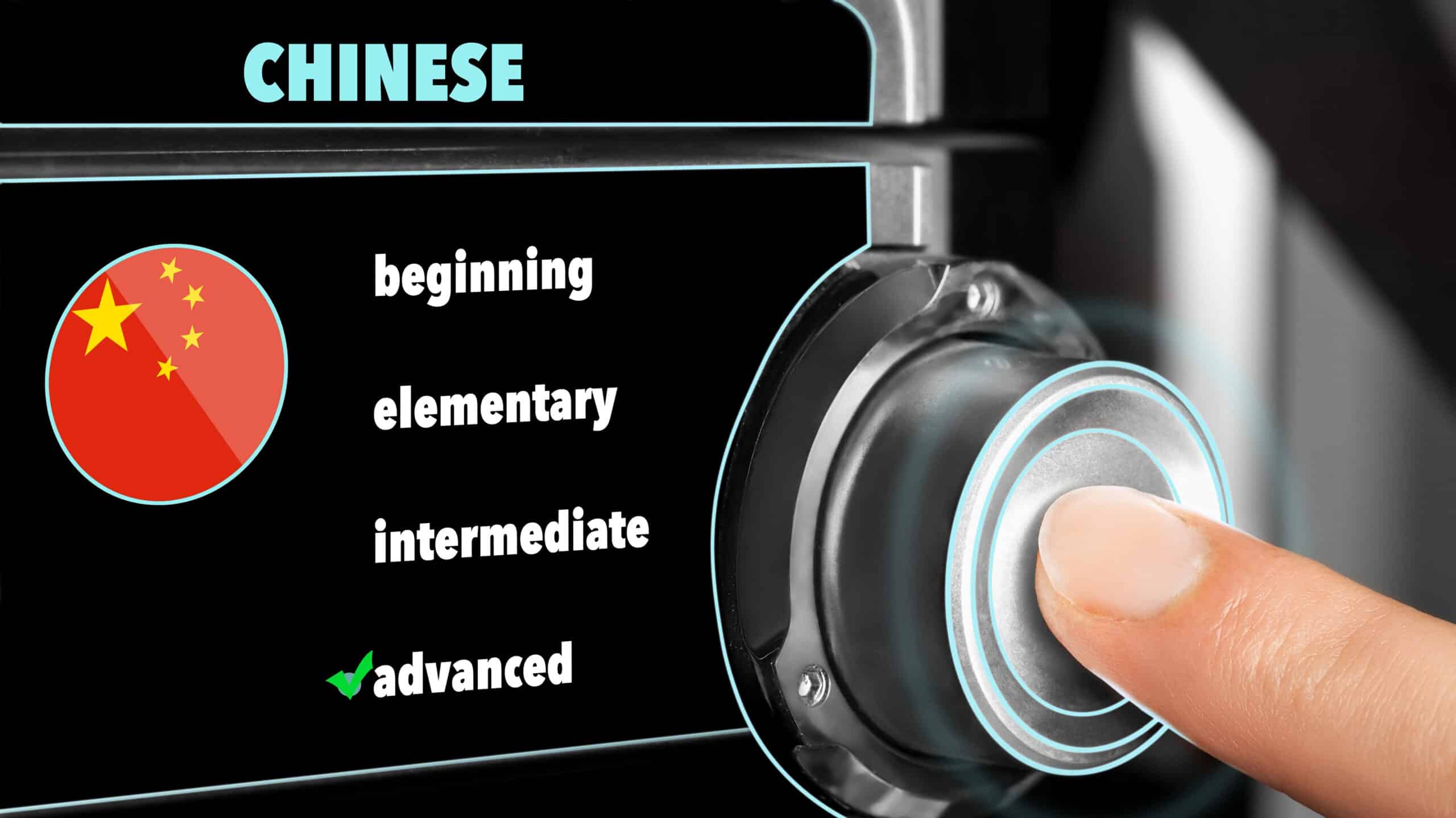Selling in China feels like entering a new world. Users scroll through endless products on platforms like Taobao, Tmall, and Pinduoduo. They expect clear descriptions, honest reviews, and friendly support. If your content is hard to understand or sounds odd, they skip it.
That’s why accurate Chinese translation services matter. They make your content fit the local style, follow rules, and reflect what people care about. This helps shoppers trust your brand and click “Buy Now.”
In this blog, we’ll show how smart translation helps your ecommerce launch and thrive in China.
How Chinese Platforms Use Words Differently
Chinese ecommerce platforms are fast-paced. On Taobao, a product title can be almost a mini story. It includes key features, brand names, and promo lines, all in under 50 Chinese characters. If you copy an English title word by word, you miss that format. It will look weird and may lower your product’s visibility.
Smart translators rework titles to match native habits. They keep important terms but make them sound right. They also know which dialects or slang fit each region. This helps your listing catch attention and look natural.

Sorting Reviews When Language Matters
Reviews matter a lot in China. Shoppers read them before buying anything. Reviews that look vague or translated feel fake. A well-done review translation doesn’t just swap words. It matches the reviewer’s voice, emotion, and detail. If the product is cozy, they use warm words like “舒服” (comfortable). If it’s strong or heavy-duty, they choose firm words like “结实” (sturdy).
Getting it right builds trust. It shows your reviews are real and helpful.


Product Descriptions That Create Desire
In China, product descriptions do more than describe features. They tell stories. They create desire. They highlight reasons for people to choose your brand. For example, a kitchen appliance description may mention morning breakfast, helping kids get ready, or quick cleanup.
Translators shape your descriptions to fit local desires. They don’t just say what something does. They say how it improves life in China. This is the difference between “listing an item” and “selling an experience.”
Promotions That Feel Local
China has big sales like Double 11 (Singles’ Day) and 618. On these days, messaging becomes very festive. Words like “疯抢” (grab like crazy) and “限时秒杀” (limited-time flash sale) are everywhere. Using these phrases shows shoppers you understand local culture. It also helps your ad blend in, not stand out like an outsider.
If you work with a good professional translation agency, they guide you on sale wording that fits each platform. They also shape your banners and tags to match the vibe. This drives more clicks and sales.

Navigation and Category Words Matter
When users browse, they look at categories first: “女装” (women’s clothing), “数码产品” (digital goods), “美妆护肤” (beauty & skincare). These tags appear in menus and filters. If you label your products wrongly, they won’t show up in searches. Users may never find you.
Translation teams map each category name correctly. They match your items to local categories. This step might seem small, but it makes a big difference in traffic.
Customer Support Speaks the Local Language
Even if your listing looks good, customers may ask questions. Will it fit? What’s the quality? Is shipping fast? If answers come in broken English or awkward Chinese, people stop buying. A professional translation agency supports your customer service. They create FAQ pages, chat replies, and auto-responses in a polished native tone. They also teach your team how to handle complaints kindly. A friendly voice builds loyalty.
Ad Campaigns That Fit Chinese Social Media
Chinese shoppers rely on platforms like WeChat, Xiaohongshu, Douyin, and Kuaishou for product info. Ads and posts on these platforms must feel native. If your messaging sounds stiff or too foreign, it gets ignored. But when it matches the platform’s vibe, it gets shared, liked, and results in more interest.
Localization teams help you rewrite ad copy, captions, and video scripts. They add trendy slang or soft tones where needed. They always aim to sound human and fresh.

Packaging Labels and Legal Terms
Selling on Chinese platforms means following local rules. You must include origin, weight, ingredients, standards compliance, and expiration dates in Chinese. If a translation agency misses a term, your product may be removed from the site. Or worse, blocked at customs.
Translation experts manage a final check. They make sure every label meets platform rules and government standards.
Images and Text Must Match
Your product photos might show English text. But shoppers expect Chinese text on images. Photos with Chinese labels like “新品” (new product) or “热卖” (hot sale) feel more trustworthy. If your images show only English, users might doubt authenticity.
A translation team works with your designers. They place Chinese captions in images so they look natural. They avoid overcrowding and keep the layout clean.

Post-Sale Support That Respects Culture
After purchase, customers want clear shipping details, return info, and warranty policies. If the info is confusing or missing, they won’t buy it again. Localized post-sale communication helps maintain trust. It keeps buyers happy, even when something goes wrong.
Translation experts help you write polite messages that reflect empathy. They adjust tone and detail based on cultural norms. This reduces complaints and returns.
Measuring Results With Local Metrics
Translation work isn’t just about language. It’s about growth. You want to see your listings drive more visits, clicks, and conversions. Translation partners help set metrics. They track:
- Impressions and click-through rates for titles
- Conversion rates for new listings
- Customer queries over time
When your translated content performs better than machine-only or English copy, you know the investment paid off.
Final Words!
China’s ecommerce world moves fast. If your content feels off, users won’t pause. But when your words are crisp, local, and warm, your products stand out. Accurate translation shapes trust, drives results, and makes shoppers feel at home. With the right support, you don’t just list products in China. You belong there, and make real connections that turn into sales.
- 0shares
- Facebook0
- Pinterest0
- Twitter0
- Reddit0


